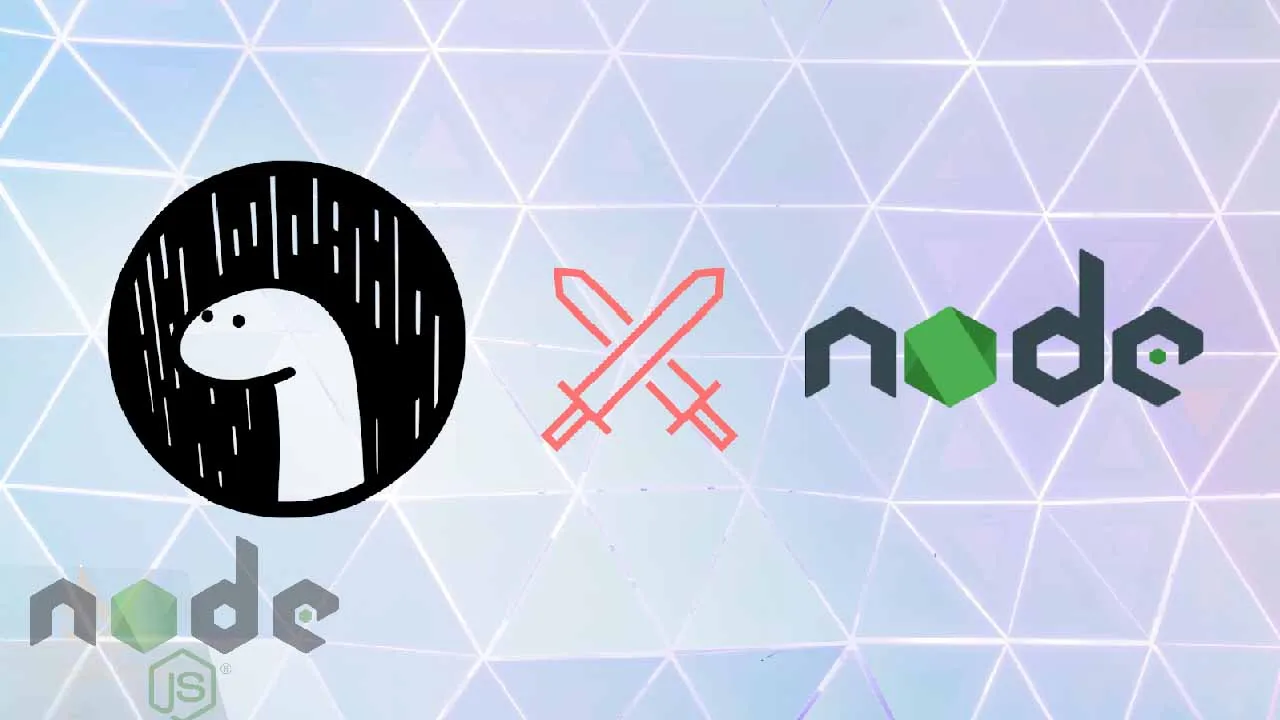Deno is a JavaScript and Typescript runtime based on the V8 engine and Rust programming language. It’s the redevelopment of the runtime environment, Node.js, that plays the role of runtime and a package manager.
Deno focuses on productivity and creates a secure scripting environment for modern programming. It’s distributed as a single executable, runnable with up to 25MB zipped executable. It also used a standard browser-compatible protocol for loading modules. Deno was built with Reno, Tokio, Typescript and V8.
Deno aims to present itself as a possible replacement for utility scripts previously written with Python or Bash. Deno’s features are intended to enhance Node.js’ functionalityies. Let’s look more closely at a few of the key features that distinguish Deno as a viable alternative to Node. Below, you’ll learn everything you need to about Node.js and Deno in this Deno review.
Comparison to Node.js

Node.js is the most often utilized server-side and command-line JavaScript runtime environment. While it has gained insurmountable recognition and popularity since its inception in 2009, there have been many limits on the uses of Node.js .Here is the list of NodeJS projects for beginners for all node enthusiasts to train your skill level and get hired for your dream job.
In 2018, founder, Ryan Dahl, announced the formation of Deno at JSConf.EU in a talk he titled, “10 Things I Regret About Node.js”. Dahl expressed his concerns over several critical areas of the predecessor runtime, including the absence of async patterns, the internal build system, security architecture, and module management.
#node #deno #node #nodejs
